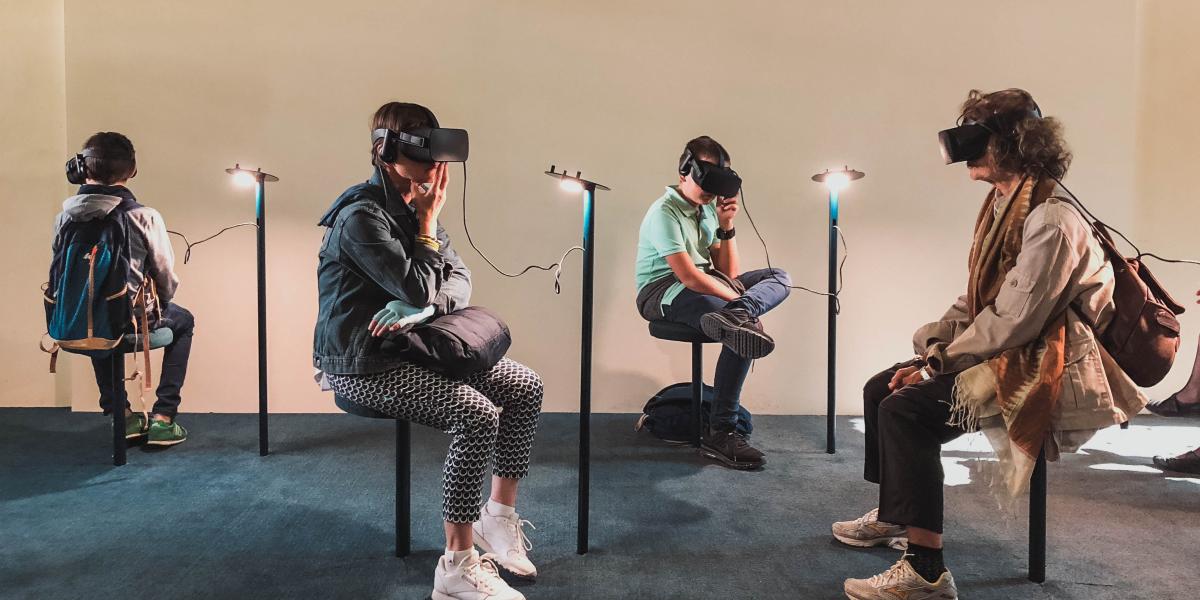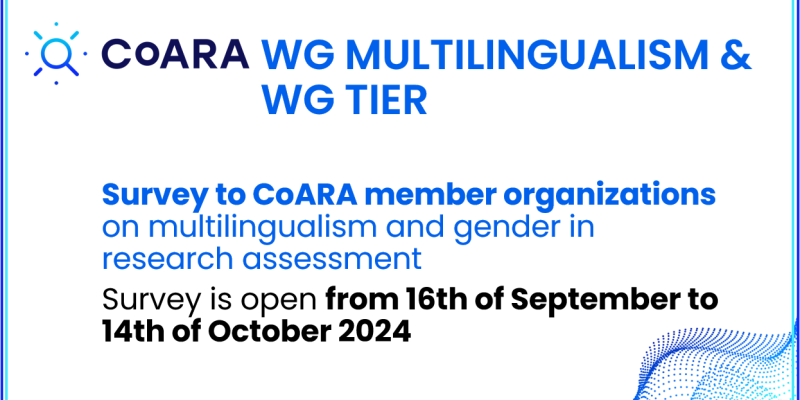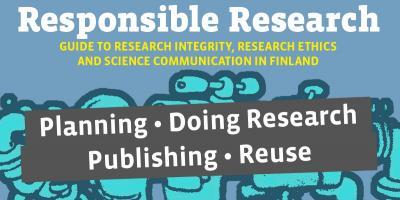
The Recommendation for citizen science has been supported by a complementary guide for researchers. In December, translations of the recommendation will also be published in Swedish and English.
What is the role and history of citizen science in scientific research? On one hand, citizen science is a new concept and, on the other hand, it extends its roots far into history. We can read about the great Christmas bird counting organised by the Audubon Society in 1900 and Thomas Jefferson from the 1770s, when he signed the Declaration of Independence of the United States and also worked as an enthusiastic citizen scientist carrying a thermometer with him and making signs of the weather in his logbook. At the same time, Jefferson began recruiting volunteer weather observers in Virginia. This was the beginning of National Weather Service, which still exists.
People outside the scientific community have been involved in science in different ways throughout history. However, in recent decades, the complexity and distance of research issues from everyday life and the need to maintain expensive and complex devices have limited participation in research. However, the situation is changing rapidly. With new information and communication technologies and improved scientific results and access to information, citizen science is once again a timely topic.
Tools for supporting citizen science
About two years ago, the Federation for Finnish Learned Societies gathered a working group to discuss the situation of citizen science in Finland and the benefits made possible by the form of cooperation for the research communities. On the contribution of the working group in April 2022, the Recommendation for Citizen Science (in Finnish, translation coming on 14.12.) was published as part of the Policy for Open Scholarship. The Recommendation is firmly rooted in the Declaration for Open Science and Research. Although the Declaration does not have a well-defined objective for citizen science, it nevertheless includes clear links to the principles of citizen science, such as:
- strengthening social civilisation and innovation
- increasing the impact of research in society
- increasing interaction between researchers, policy makers and citizens.
In addition, the Working group has prepared a supplementary guide for researchers to further support the Recommendation. In the practical supplementary document, the definitions, methods and potential challenges and perspectives of citizen science are supported by four case studies from three Finnish universities where citizen science methods have been used and reflected in the research. The Researcher’s Guide for Citizen Science has been published in Finnish and Swedish on 7.12.2022. The English translation will be published in the future.
Inclusion increases openness
As a result of the cooperation of the Finnish research community, the national recommendation on citizen science with complementary parts is a recommendation for Finnish research organisations and at the same time an opening for international discussion, which will be supported by translations into Swedish and English on 14 December. Citizen science plays an important role in building a bridge between science and society. With the recommendations and the accompanying guidelines, the bridges will receive new support piles.
Text: Elena Svahn (ÅA) Jonni Karlsson (AVOTT)
Picture: Lucrezia Carnelos Unsplash


